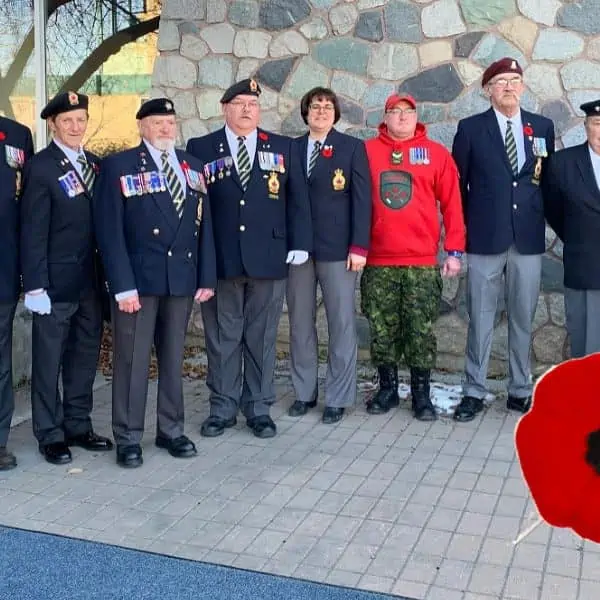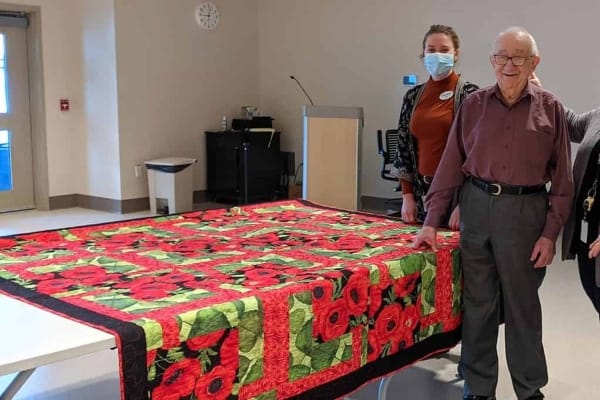Remembrance Day and its history
The 11th day of the 11th hour of the 11th month. It was on that date in 1918 that the Armistice was signed, ending the First World War. The recognized symbol of Remembrance day is the poppy, for reasons illustrated by Canadian Lieutenant-Colonel John McCrae’s poem “In Flanders Fields.” The poppy was originally worn as a symbol of remembrance by the Americans and was used by a French woman for a fundraising. Madam Guerin learned of the custom while on a visit to the United States. Upon her return to France, she used the proceeds from her handmade poppies to assist destitute children in the war-torn areas of her homeland. Indeed, it was Madam Guerin who convinced the Canadian veterans to adopt the poppy as this country’s symbol of remembrance.
When those first poppies appeared in Canada some 95 years ago, this was a much different country. First-hand memories of war were fresh in many minds. More than 60,000 Canadians had been killed in France. Virtually everyone in Canada knew of someone who had lost a relative. By 1945, another 40,000 Canadians had been added to the list of war dead and, once again, remembrance was something current and immediately relevant.
It is time to remember that freedom has a price, is always earned and must sometimes be defended. More than 114,000 young Canadians paid the supreme price during those years, to give us that freedom we now enjoy. This Remembrance day, take time to think about what a great place Canada is to live. Take time to think about those young Canadians who died to preserve our ideals and values, and gave us the opportunity to work together for even a better future. This November, wear a poppy to remember those who did not get a chance at tomorrow. Join in a two-minute wave of silence. We must stand as one and quietly remember all those Canadians who have died in the service of their country. Lest we forget, I close with the following epitaph, written by John Maxwell Edmonds, the poet whose words commemorated the fallen of the 1944 Battle of Kohima.
When you go home, tell them of us and say
For your tomorrow, we gave our today.
Lest we forget!




